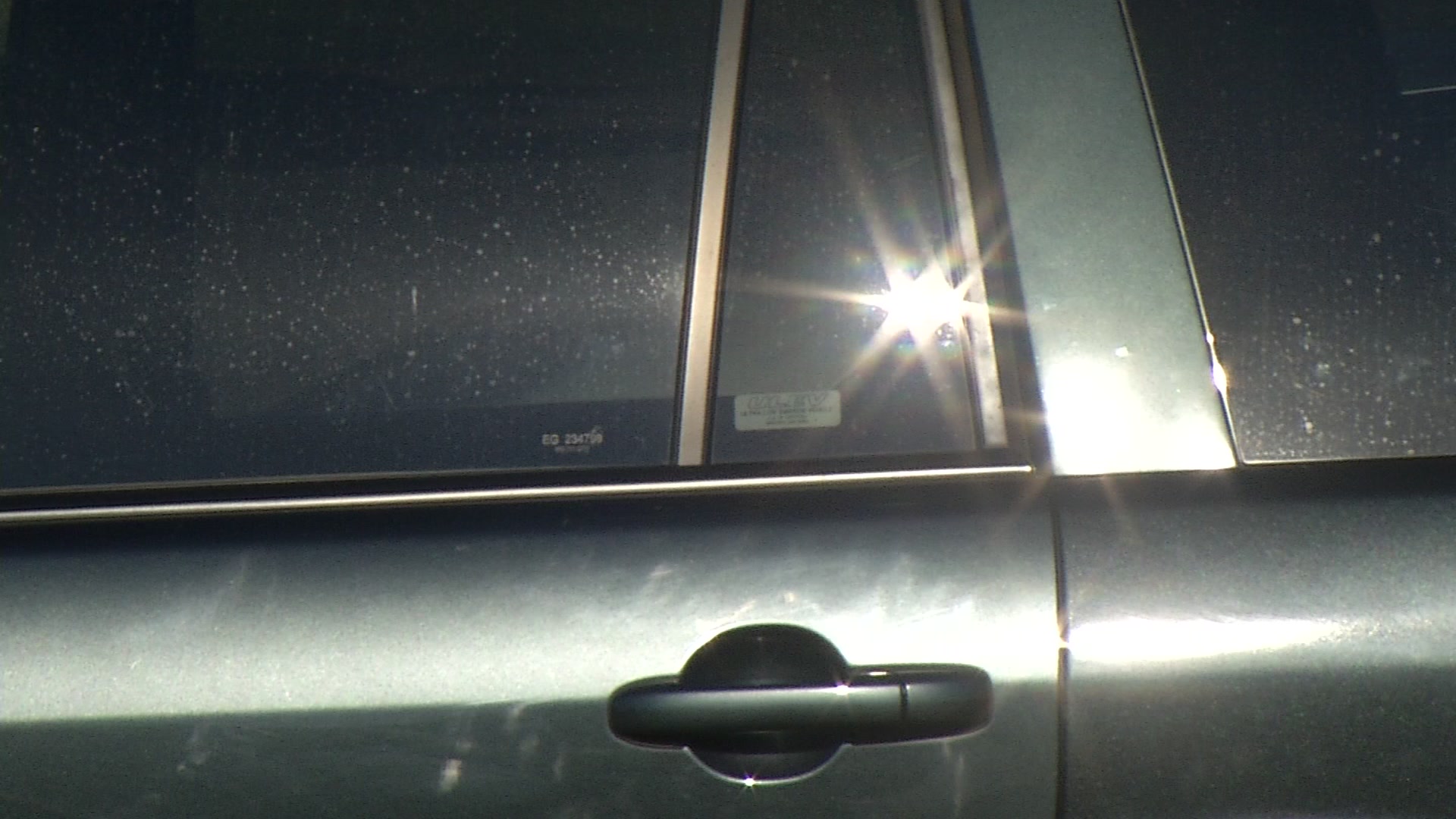The extreme heat in South Florida affects everyone in one way or another, but for those who have chronic medical conditions, this weather could be dangerous.
According to the Centers for Disease Control and Prevention, those who are at the highest risk to fall ill during extreme heat are people 65 and older, children younger than two, and people with chronic diseases or mental illness.
But according to the CDC, people with diabetes — type 1 and type 2 — could be especially vulnerable.
People with diabetes feel the heat more than people who don't have the disease.
Get South Florida local news, weather forecasts and entertainment stories to your inbox. Sign up for NBC South Florida newsletters.
Certain diabetes complications can affect sweat glands so the body doesn't cool as effectively, leading the medical emergencies such as heat exhaustion or heat stroke, according to the CDC.
People with diabetes also get dehydrated more quickly. It's important to drink plenty of water because not enough liquids can raise blood sugar. High blood sugar can lead to frequent urination, which can also cause dehydration.
"The heat can cause dehydration, and dehydration can lead to an elevation in blood glucose," said Dr. Camille McDonald-Toussaint from Chen Senior Medical Center. "And unfortunately, if patients are not aware of this, they can wait until it gets to an extreme point when they start to suffer symptoms of that, and this could actually trigger them into going to a diabetic coma."
People with type 1 diabetes can be even more sensitive to heat, Dr. McDonald-Toussaint said. High temps affect how the body uses insulin.
"When patients are on insulin, the way they metabolize the insulin can be modified during extremes of heat," she said.
Hot weather
If you have diabetes, take extra precautions when it's hot.
When Sylvia Harris was diagnosed with type 2 diabetes, it changed her whole life.
She had to change her whole diet and avoid the foods she liked. She also had to add checking her blood sugar to her daily routine.
And with feels-like temperatures reaching the triple digits in South Florida, Harris is taking extra precautions.
"I drink a lot of fluids," she said. "And I don't stay outside, I stay indoors, where I have air conditioning."
The CDC provides a "summer checklist" for those with diabetes:
- Drink plenty of water.
- Test your blood sugar often.
- Keep medicines, supplies and equipment out of the heat.
- Stay inside in air-conditioning when it’s hottest.
- Wear loose, light clothing.
- Get medical attention for heat-related illness.
- Make a plan in case you lose power.
- Have a go-bag ready for emergencies.
And it’s not just diabetics who are at a higher risk.
According to the CDC, people with sickle cell anemia, heart disease, mental illness, poor blood circulation and obesity are also at elevated risks for heat-related illness. Those who are most vulnerable should take the following protective measures during extreme heat:
- Stay in air-conditioned buildings as much as you can. Don't rely on a fan as your main source of cooling during extremely hot days.
- Drink more water than usual, even when you're not thirsty.
- Check up on a friend or neighbor and have someone do the same for you.
- Limit the use of a stove or oven.



